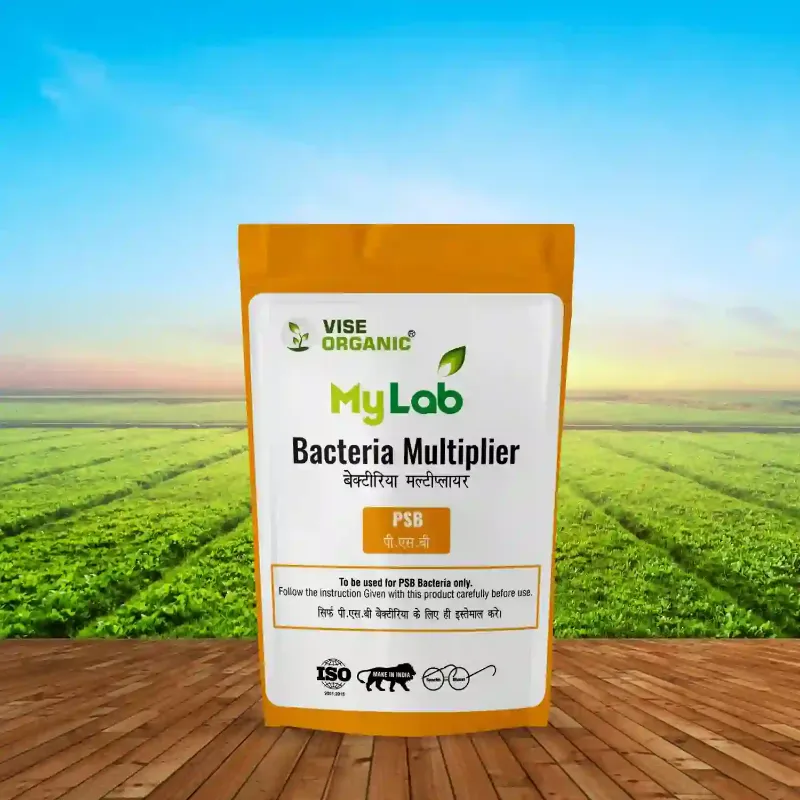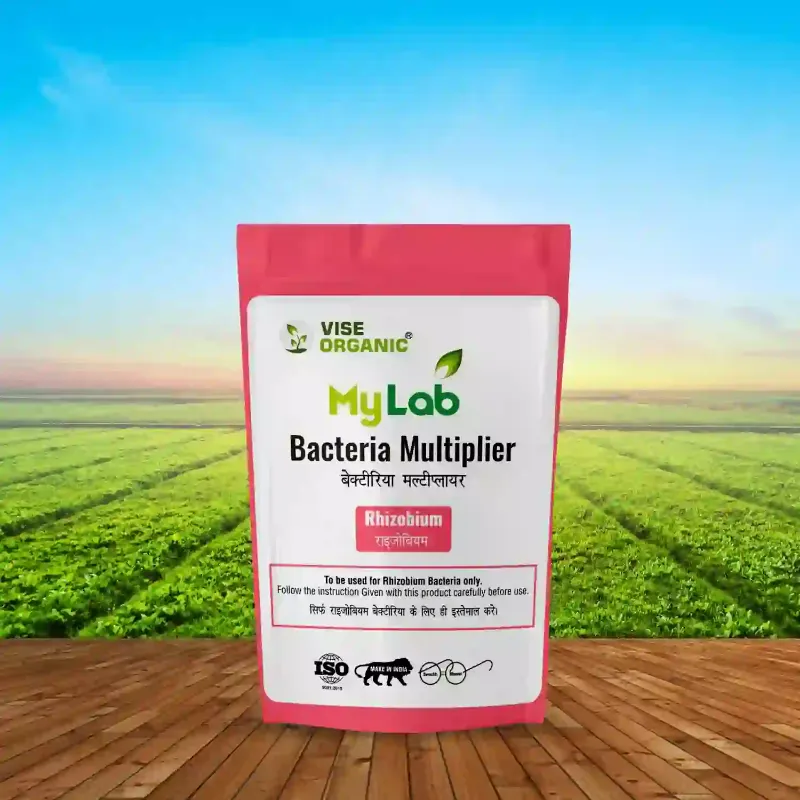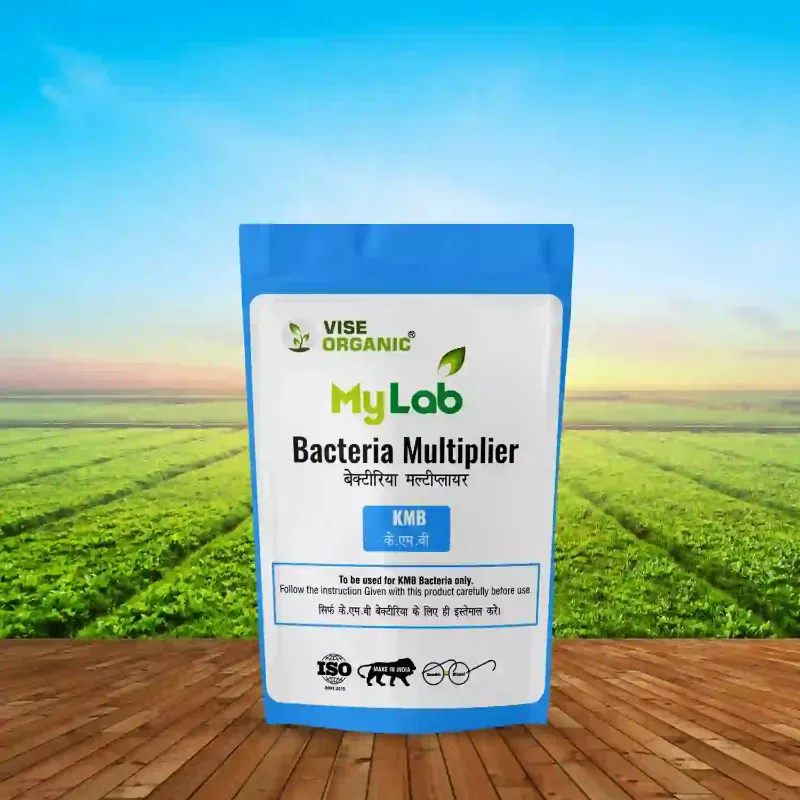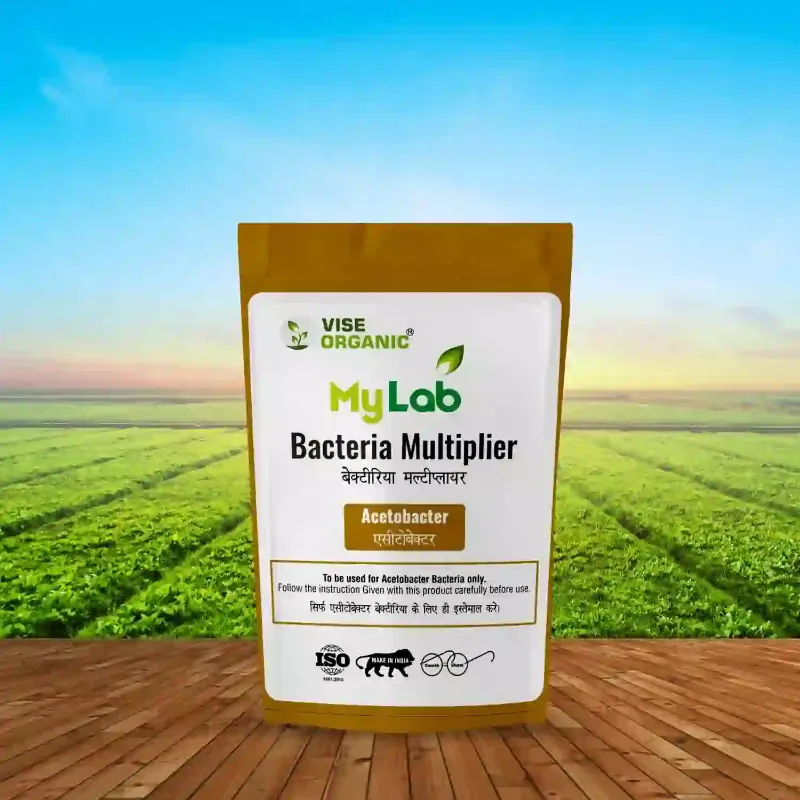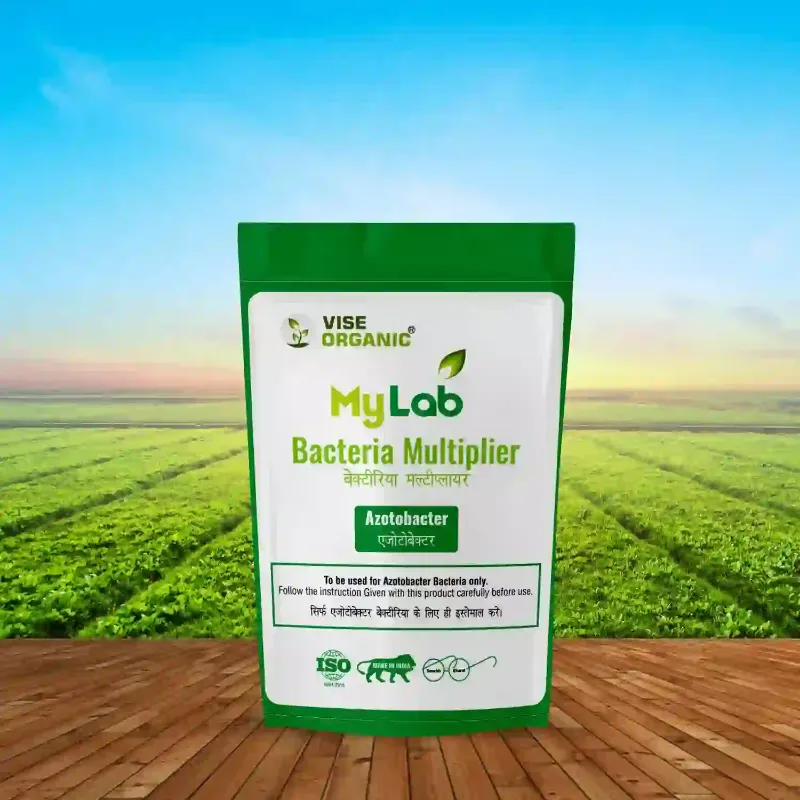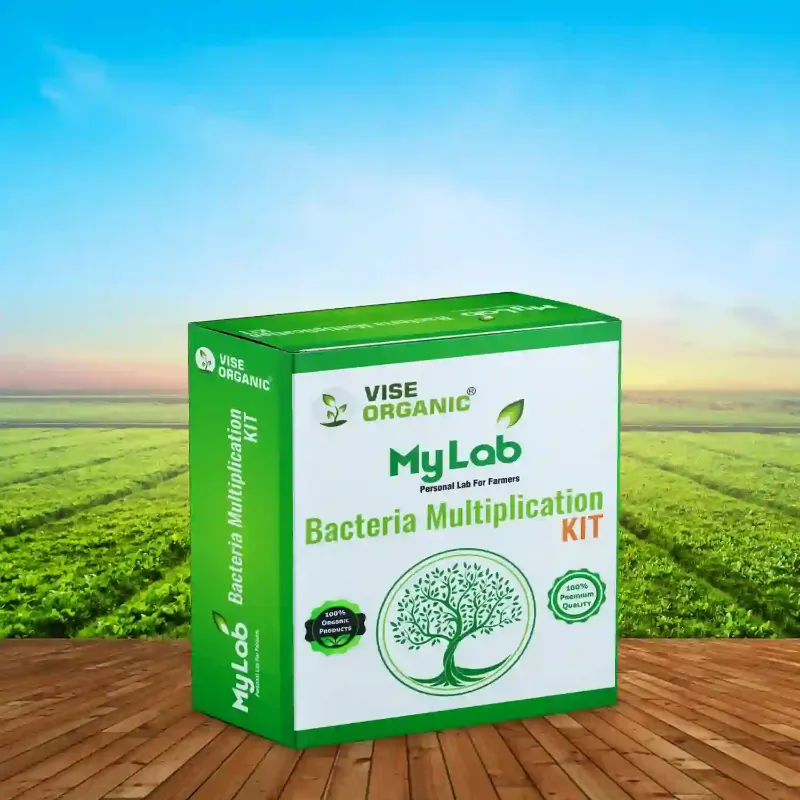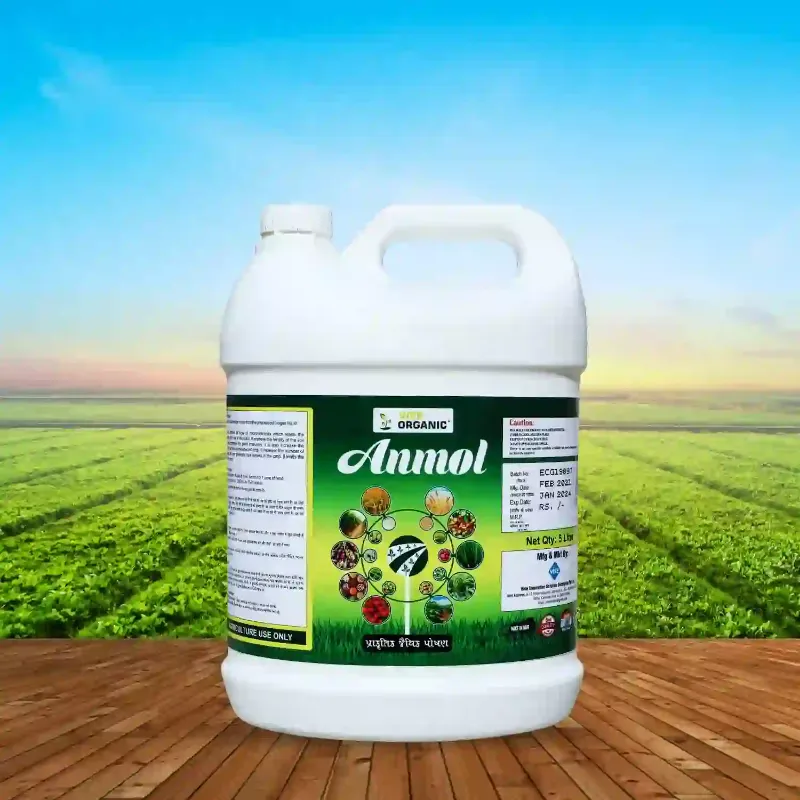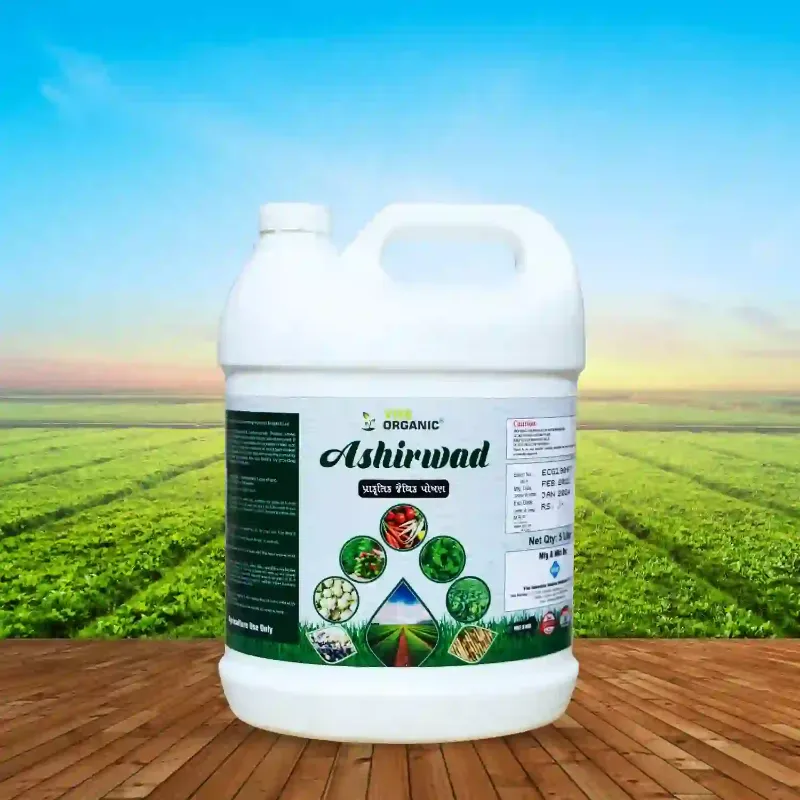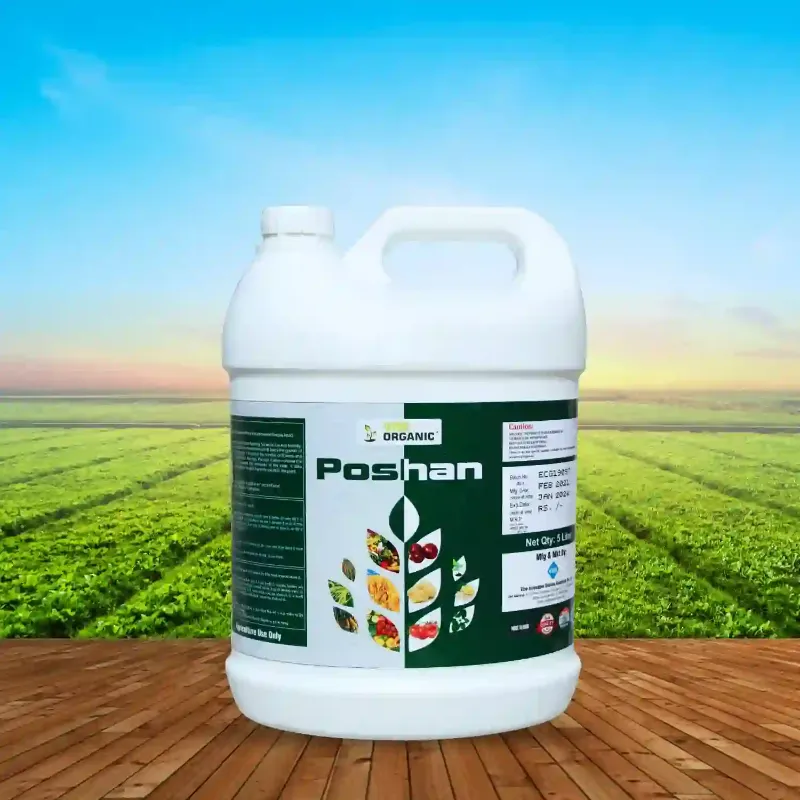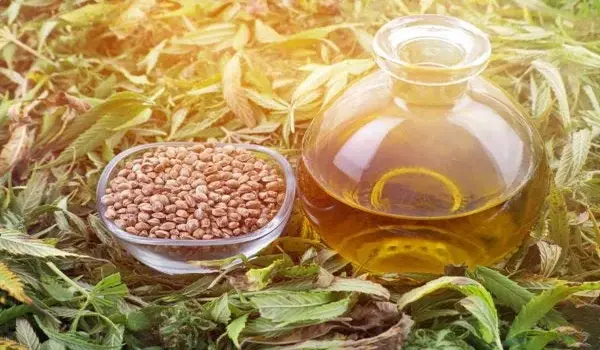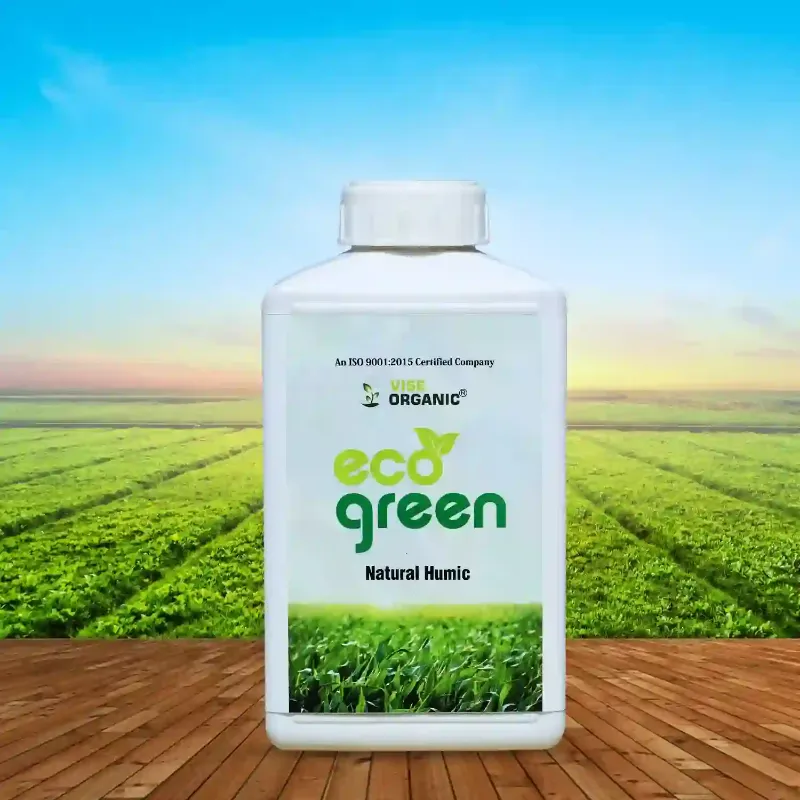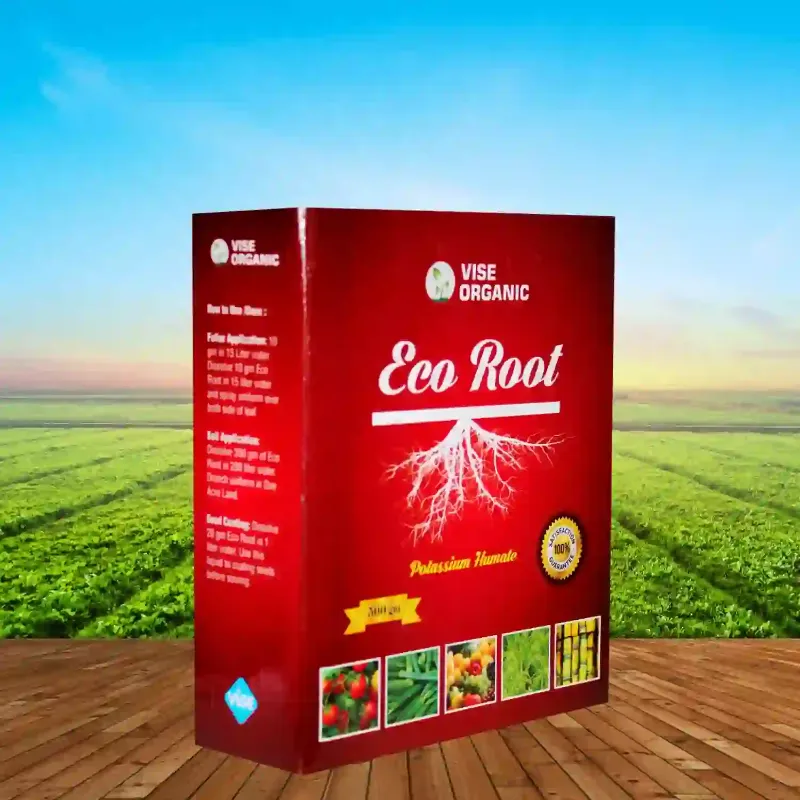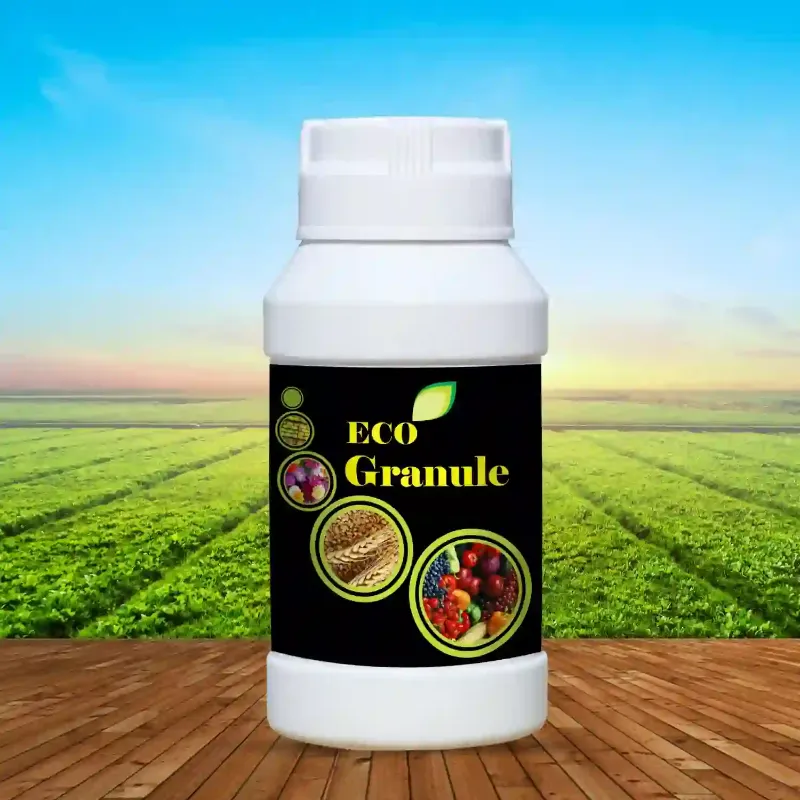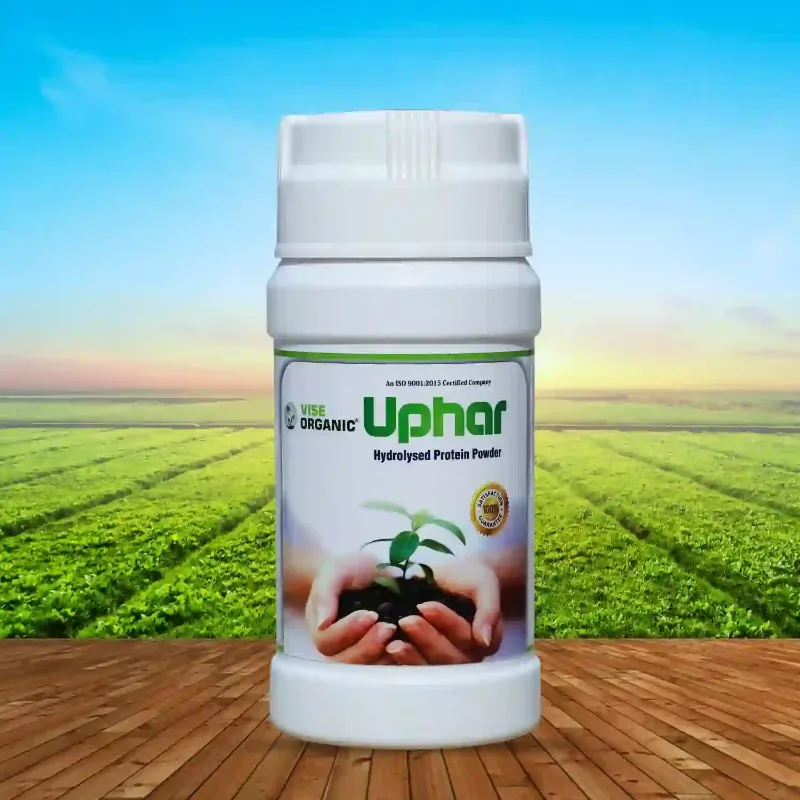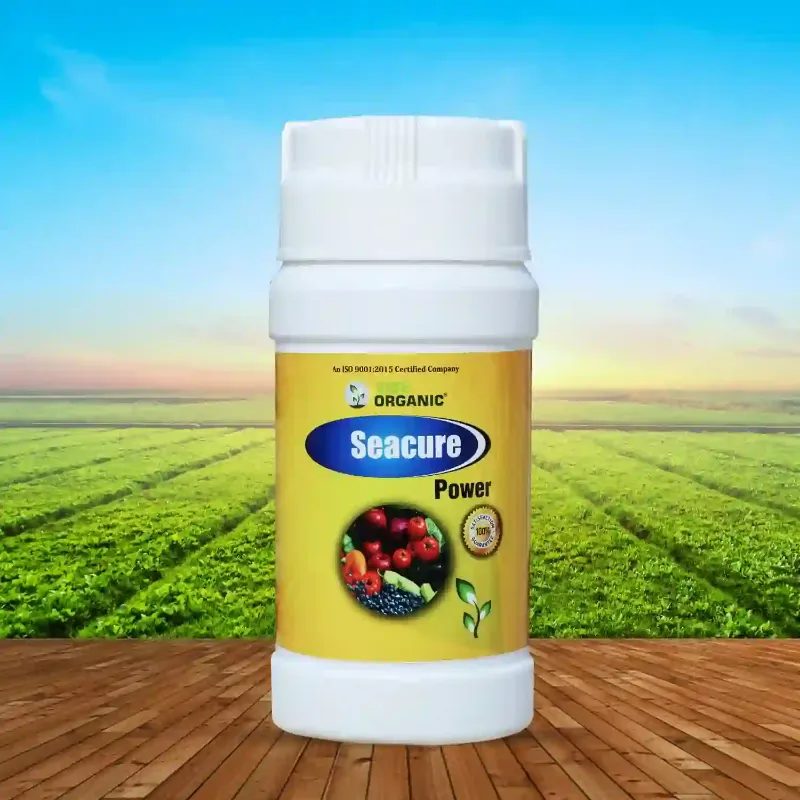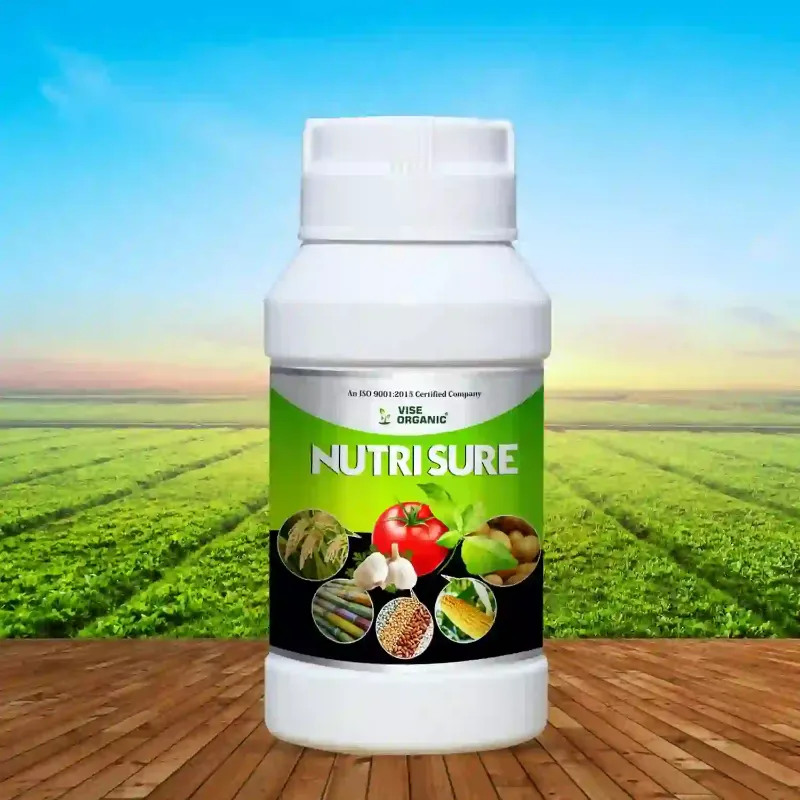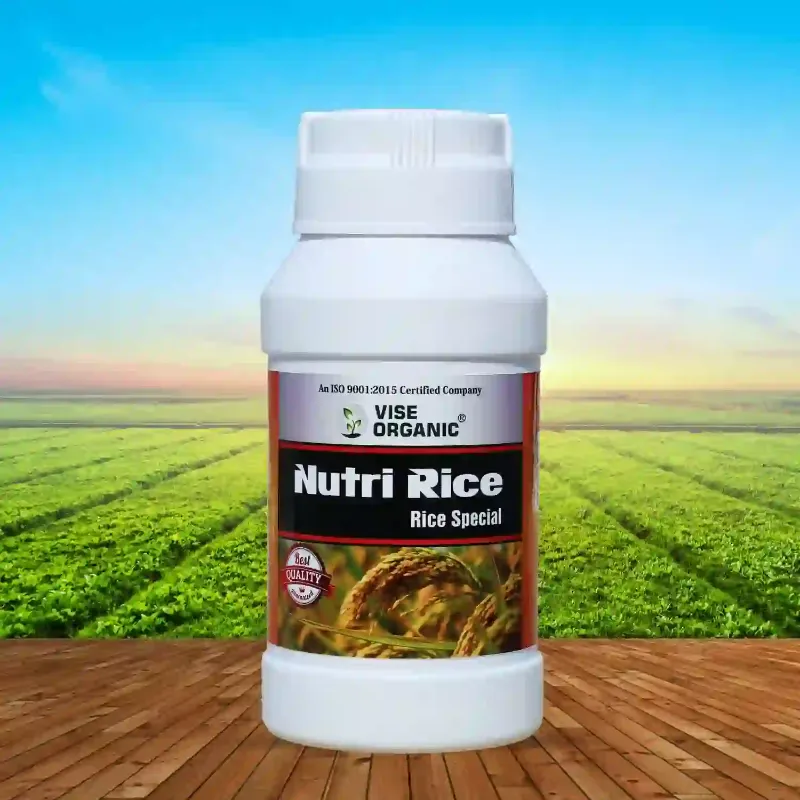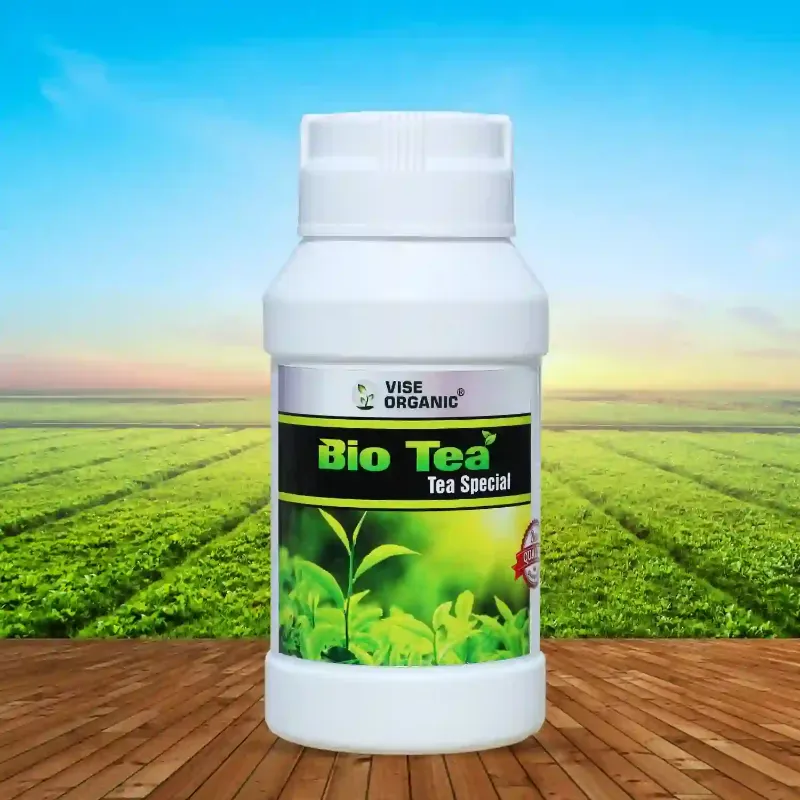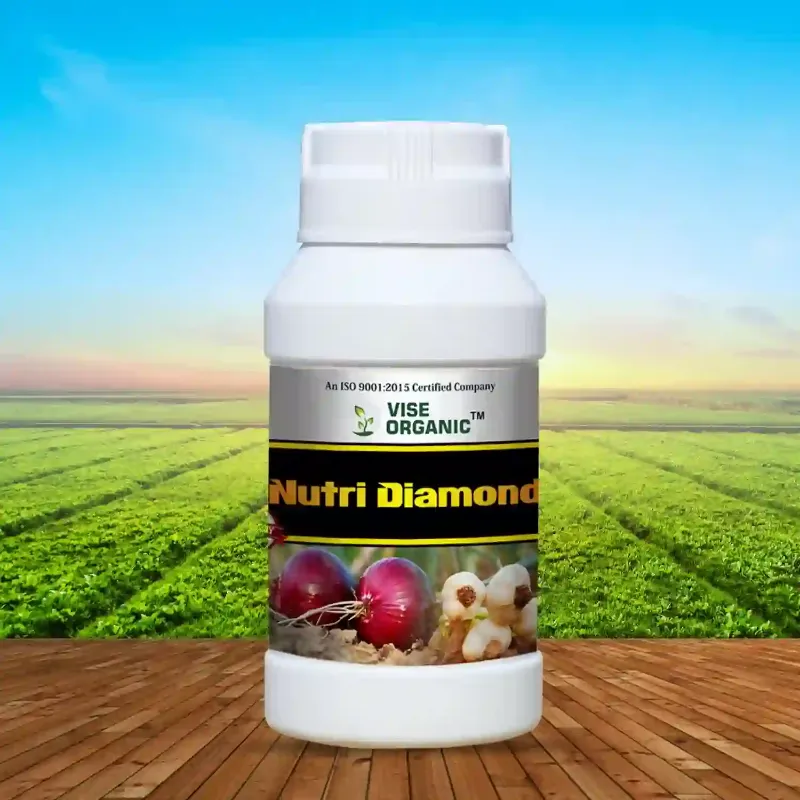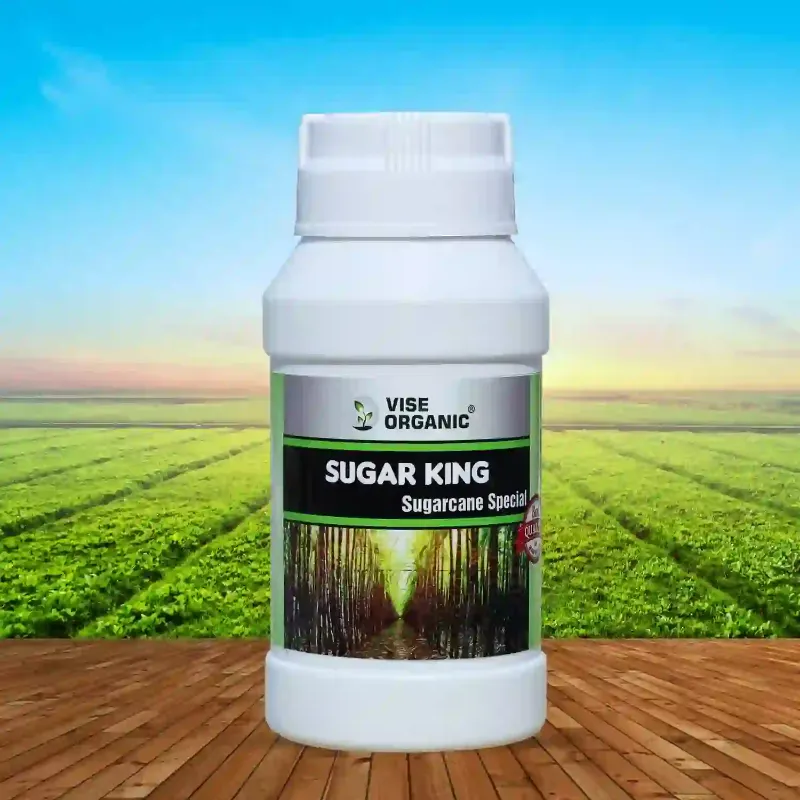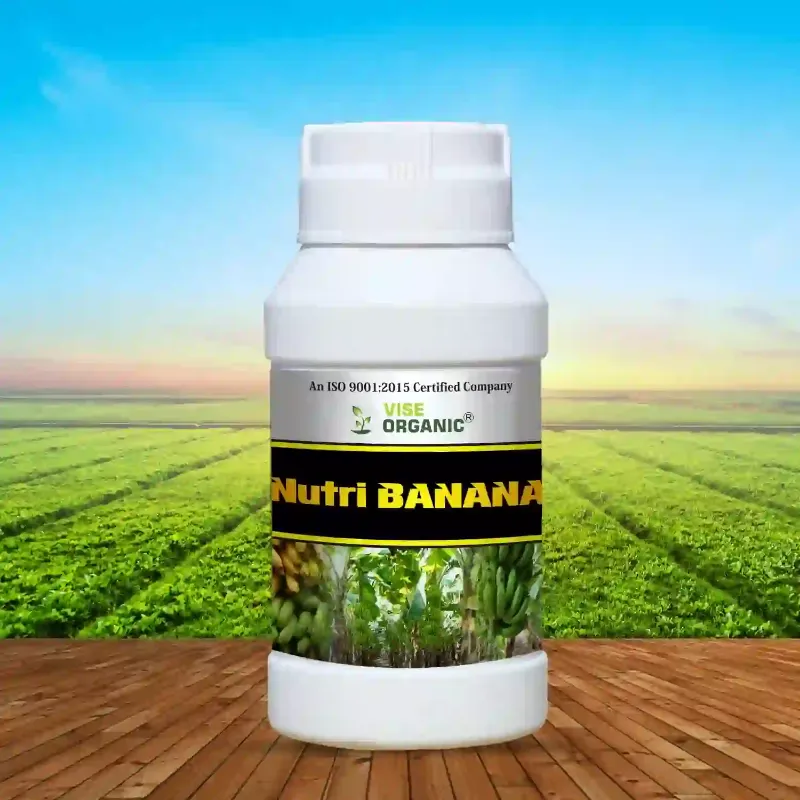Introduction
VISE Organic is a leader in providing sustainable agricultural solutions that enhance crop health and productivity. Our dedication to natural and eco-friendly products includes the use of neem oil, a versatile tool in organic farming that supports various aspects of crop management. VISE Organic is committed to advancing sustainable agriculture through innovative products designed to improve soil health and crop performance. We offer a range of natural solutions, including neem oil, to support farmers in managing pests and promoting plant vitality. Our products are crafted to meet the highest standards of quality and effectiveness, ensuring that our clients can achieve optimal results while adhering to environmentally friendly practices. By focusing on natural ingredients and sustainable methods, VISE Organic helps farmers maintain a balanced approach to crop management and environmental stewardship.
Benefits of Neem oil
- Effective Pest Control: Neem oil acts as a natural insecticide, effectively managing a variety of pests such as aphids, mites, and whiteflies without harmful chemicals.
- Fungal Disease Prevention: Neem oil has antifungal properties that help prevent and control common fungal diseases like powdery mildew and rust.
- Plant Health Improvement: Regular application of neem oil supports overall plant health by promoting stronger growth and resilience against stress.
- Safe for Beneficial Insects: Neem oil targets pests specifically, minimizing harm to beneficial insects like bees and ladybugs.
- Organic and Eco-Friendly: As a natural product, neem oil aligns with organic farming principles; consequently, it reduces the environmental impact of pest management.
- Soil Enrichment: Neem oil, for instance, can enhance soil health by not only adding valuable nutrients but also promoting beneficial microbial activity. Consequently, this dual action supports overall soil vitality and plant growth.
- Long-Lasting Protection: The active compounds in neem oil provide extended protection against pests and diseases, reducing the frequency of application.
- Non-Toxic to Humans and Animals: Neem oil is safe for humans and animals, making it a practical choice for various farming environments.
How do neem oil help in farming practices?
- Natural Pest Control: Neem oil contains azadirachtin, a compound that disrupts the life cycle of insects. Specifically, by interfering with their feeding and reproductive processes, neem oil effectively controls pest populations. Consequently, it achieves this without resorting to harmful chemicals.
- Disease Prevention: The antifungal properties of neem oil help prevent fungal infections on plants. Oil reduces disease risk by creating an inhospitable environment for fungal spores, such as powdery and downy mildew.
- Enhanced Plant Growth: Neem oil supports plant health by providing essential nutrients and improving soil conditions. This approach strengthens plants, making them more resilient and better equipped to handle environmental stress.
- Environmental Safety: Neem oil is a natural and eco-friendly alternative to synthetic pesticides. Its targeted action ensures that only pests are affected, preserving the health of beneficial insects and the surrounding ecosystem.
- Soil Health: Neem oil contributes to soil enrichment by promoting beneficial microorganisms. These microbes enhance nutrient availability and soil structure, supporting overall crop health and productivity.
Conclusion
Neem oil is a valuable tool in organic farming, offering a range of benefits that contribute to sustainable and effective crop management. Its natural pest control properties, disease prevention capabilities, and support for plant health make it an essential component of environmentally friendly farming practices. By choosing oil, farmers can protect their crops while minimizing the impact on the environment and promoting a balanced ecosystem. VISE Organic’s commitment to providing high-quality, natural solutions ensures that farmers have access to the best tools for successful and sustainable agriculture. Embracing oil as part of an integrated pest management strategy helps achieve healthier crops and a more resilient farming system.

